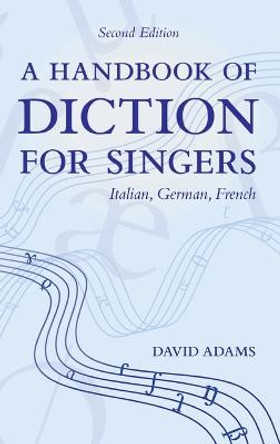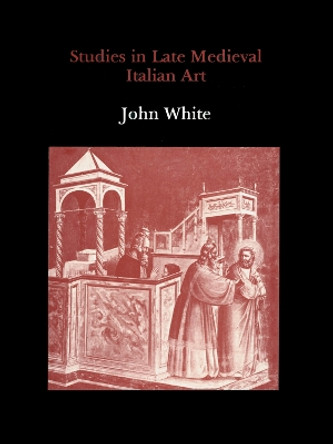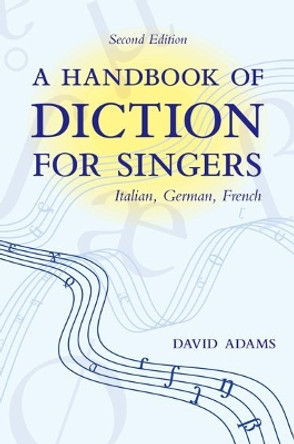An examination of the ways in which late medieval lyric poetry can be seen to engage with contemporary medical theory. This book argues that late medieval love poets, from Petrarch to Machaut and Charles d'Orleans, exploit scientific models as a broad framework within which to redefine the limits of the lyric subject and his body. Just as humoraltheory depends upon principles of likes and contraries in order to heal, poetry makes possible a parallel therapeutic system in which verbal oppositions and substitutions counter or rewrite received medical wisdom. The specific case of blindness, a disability that according to the theories of love that predominated in the late medieval West foreclosed the possibility of love, serves as a laboratory in which to explore poets' circumvention of the logical limits of contemporary medical theory. Reclaiming the power of remedy from physicians, these late medieval French and Italian poets prompt us to rethink not only the relationship between scientific and literary authority at the close of the middle ages, but, more broadly speaking, the very notion of therapy. Julie Singer is Assistant Professor of French at Washington University, St Louis.
ReviewsAn ambitious volume, meticulously researched and bringing together a wealth of material. * MEDIUM AEVUM *
Singer's study is an admirable blend of philology, cultural history, and disability studies. It is well researched and has the unusual merit of giving almost equivalent space to both Italian and French texts and criticism. * SPECULUM *
[M]eticulously researched and bringing together a wealth of material. * MEDIUM AEVUM *
Book InformationISBN 9781843842729
Author Julie SingerFormat Hardback
Page Count 250
Imprint D.S. BrewerPublisher Boydell & Brewer Ltd
Weight(grams) 612g









